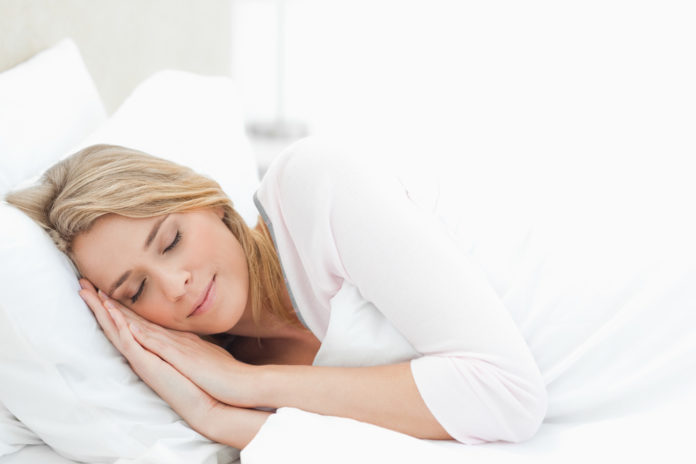How Much Sleep Do Adults Need?
The National Sleep Foundation works to improve the health and well-being through sleep health education and advocacy an ongoing basis. That being said, the NSF provides the public with the most up-to-date, scientifically rigorous sleep health recommendations, including these age-specific sleep duration recommendations published in Sleep Health. So when it comes to answering “How many hours of sleep do adults need?” it mostly depends on the age category, including the following ages and sleep recommendations:
- Young adult (18-25 years): 7 to 9 hours
- Adult (26-64 years): 7 to 9 hours
- Older adult (≥65 years): 7 to 8 hours
Researchers also suggested the following hours may be appropriate:
- Young adult (18-25 years): 6 to 10 or 11 hours
- Adult (26-64 years): 6 to 10 hours
- Older adult (≥65 years): 5 or 6 to 9 hours
But these are not recommended:
- Young adult (18-25 years): less than 6 hours or more than 11 hours
- Adult (26-64 years): less than 6 hours or more than 10 hours
- Older adult (≥65 years): less than 5 hours or more than 9 hours
While the recommendations are nonetheless beneficial and helpful, it is also important to evaluate your own needs or how you personally feel after sleeping an X amount of hours. Nonetheless, always try to listen and stay in tune with your body!
How to Catch Those Zzz’s
For a better night’s sleep, catch those Zzz’s by:
Sticking to A Sleep Schedule
Sticking to sleep schedule helps the body regulate the body’s sleep and wake cycles. Identify and try committing to a designated bedtime that aligns with your age-related recommendation. For instance, if you need seven hours of sleep and need to wakeup at 6:00 a.m., your bedtime should be no later than 11:00 p.m.
Creating A Comfortable Sleep Environment
Evaluate your bedroom to ensure appropriate and ideal room temperatures, sounds, and lights, along with sleeping on a comfortable mattress and with a cozy, but sturdy pillow.
Turning Off Electronics
Yes, that means logging off Facebook and turning off that Netflix series you are hooked on… The shining blue light can disrupt sleep regulation and hither the ability to feel tired.
Relaxing Leading Up to Bedtime
Partake in electronic-free relaxation techniques leading up to bedtime, as doing so can ease the process of falling asleep. Taking a warm bath, reading a book, and stretching are just a few ways to wind down following a long day.
Dismissing Caffeine
Well, in the afternoon and evening hours… Caffeine in the mid-morning hours can disrupt an efficient sleep cycle come bedtime. Caffeinated products include coffee, soft drinks, energy drinks, tea, and chocolate.
Taking Control of Hunger
Though night snacking is oftentimes discouraged, a growling stomach may be preventing you from catching those Zzz’s. Some snacks can even help promote a restful night’s sleep or beat those annoying cravings, including these midnight snack ideas to cure your hunger.









